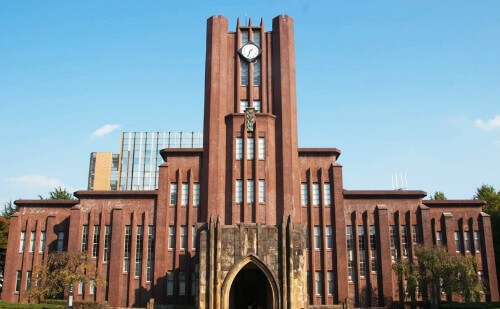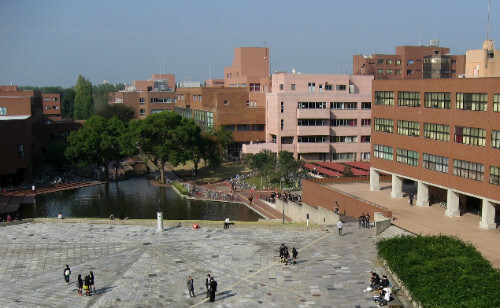3 of Best Greater Tokyo Area’s Universities and Requirements for International Students
Ever thought about studying abroad in Tokyo? It is actually not as extreme as some of you may believe, and you can immerse yourself in Japanese culture by taking up a hobby or learning its history while enjoying a fruitful university life. In the QS World Universities ranking 2016, 9 of Greater Tokyo Area’s schools made it into the top 500, with Tokyo University even reaching #34. But what programmes are available for students who do not speak Japanese? Find out with us at Tokyo.com! In this article, we explore 3 of Tokyo’s best public universities for international students and their requirements.
1. Tokyo University

Not only is the University of Tokyo Japan’s first integrated university, it is also the country’s best. Founded in 1877, the university dominated Asia’s university rankings. Throughout its history, the school has educated many elites for Japan in academia, business and politics. This includes 16 Prime Ministers and 8 Nobel Prize winners.
UTokyo has three core campuses, Komaba for liberal arts, Hongo for promoting the integration of humanities and sciences, and Kashiwa for latest scientific research and graduate courses in frontier sciences, along with other faculties around the country. UTokyo also adopts a “late specialisation and early exposure” system in teaching its students, which undergraduates are required to study in the College of Arts and Sciences at Komaba for the first two years, and enter the Senior Division to choose their major for the remaining two years.
Fees:
Undergraduate and Graduate: 535,800 yen per annum (about 4500 USD)
Doctorate: 520,800 yen per annum (about 4400 USD)
English Taught Programmes and their Requirements:
Programs in English At Komaba (PEAK)
TOEFL iBT 100
IELTS 7.0
Cambridge English: Advanced (CAE) Grade B; OR
Cambridge English: Proficiency (CPE)
Global Science Course (GSC)
TOEFL iBT 80
TOEFL PBT 550
IELTS 6.5
Cambridge English: Advanced (CAE) Grade C
Other programmes are taught in Japanese, and N1 Japanese proficiency is required.
2. Tokyo Institute of Technology

Widely recognised as a leading technical institute, the Tokyo Institute of Technology is one of Japan’s top schools. Worldwide, it ranked 56 overall and even reached 19 worldwide for Electrical and Electronic Engineering.
Founded in 1929, Tokyo Tech was best known for its contributions during the Japanese reconstruction and economic miracle of the 1950s and 1960s. They produced many of Japan’s top engineers, researchers and more. Many of their graduates have gone on to win Nobel prices in the sciences.
Fees:
535,800 yen per annum (about 4500 USD)
English Taught Programmes and their Requirements:
Global Scientists and Engineers Program (GSEP)
Applicants are required to hand in results of English proficiency tests as a proof of English ability, but no specific score was given, as the university encourages prospective students to communicate directly with the faculties of their wish, and exemption of giving such proof is possible. The same applies to all graduate programmes.
All other undergraduate programmes are taught in Japanese.
3. University of Tsukuba

The University of Tsukuba is one of Japan’s oldest and largest universities. It was initially founded in 1872 as a college of education, but has since grown into an integrated university.
The school is best known for its innovative approaches and emphasis on research. This focus means that it is highly regarded for its post-graduate education.
Fees:
535,800 yen per annum (about 4500 USD)
English Taught Programmes and their Requirements:
Undergraduate Program of International Social Studies &
Interdisciplinary Program of Life and Environmental Sciences
TOEFL iBT: 61
TOEIC: 600
IELTS: 5.0
(Transferred) International Undergraduate-Education Program for Medical Scientists
TOEFL iBT: 75
TOEIC: 700
IELTS: 5.5
Other undergraduate programs are taught in Japanese.
Graduate Programs
IELTS: 5.5 or equivalent